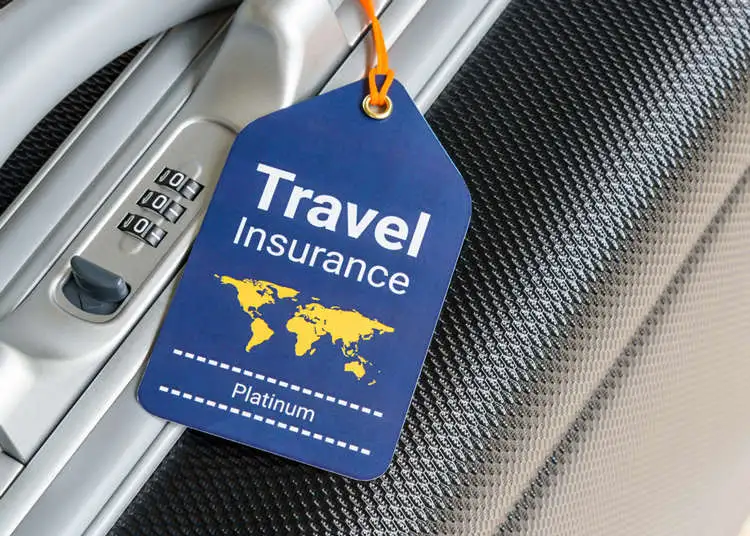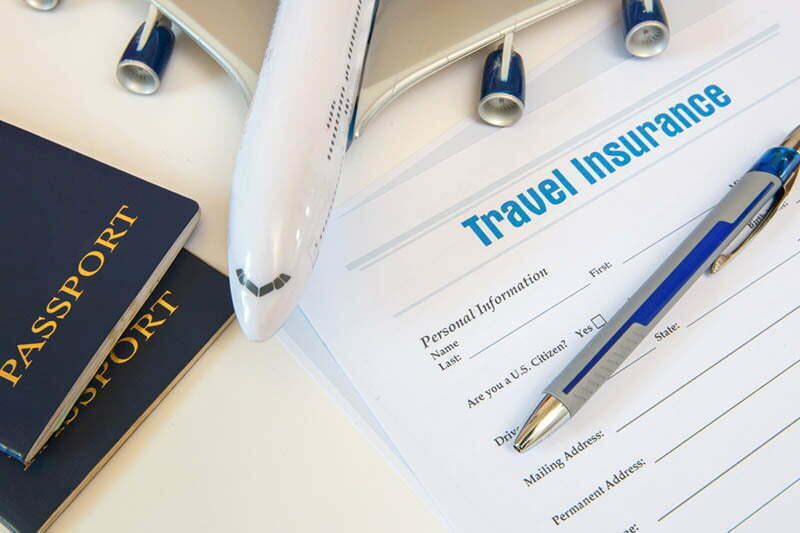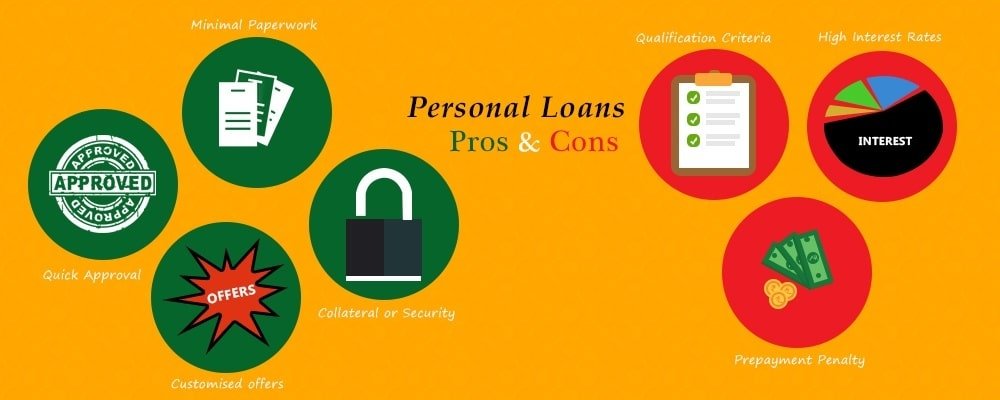Introduction
Inflation is a typical occurrence that impacts nearly every industry, including travel insurance. Travel insurance firms may be obliged to change their pricing as the cost of living continues to rise and operational expenses remain high. This might have far-reaching consequences for both consumers and corporations.
In this post, we’ll look at how inflation affects the travel insurance market, as well as what consumers and businesses can do to navigate this changing economic landscape.
Inflation’s Impact on Travel Insurance
Inflation can affect the travel insurance sector in a variety of ways. Travel insurance firms may need to adjust their policies and pricing structures when the cost of products and services rises in order to remain competitive and profitable.
The following are the most significant effects of inflation on the travel insurance industry:
Impact #1: Increased premiums
For a variety of reasons, inflation might result in higher travel insurance costs. Travel insurance companies are undoubtedly impacted by higher expenses connected to rent, utilities, and employee compensation as the cost of living continues to climb. To remain financially secure in the face of these challenges, such organisations must raise policyholder premiums in order to maintain profit margins.
Inflation can also have an impact on the cost of healthcare and medical services, both of which are important components of many travel insurance policies. Considering the rising costs of medical treatment, travel insurance providers must factor these costs into their premiums in order to provide enough coverage for passengers.
Additionally, inflation might have an impact on the investment income of travel insurance businesses. Many providers put their premiums into the stock market, bonds, or other financial assets. Inflation can reduce the value of these investments, resulting in lower returns and income for insurance firms. Travel insurance firms may need to boost their premiums for future travellers in order to survive the losses.

Impact #2: Less coverage
Travel insurance providers may need to reconsider the dangers of providing coverage and revise their policies accordingly. This can lead to limited coverage, limiting consumers’ capacity to appropriately safeguard themselves while travelling.
Inflation can also contribute to reduced coverage by introducing new exclusions and limitations in trip insurance contracts. For example, if the cost of medical care in another country skyrockets, travel insurance providers may impose extra restrictions or exclusions for healthcare policies, such as limiting coverage to particular maximums or even prohibiting certain procedures outright. Similarly, if the costs of travel mishaps such as lost luggage or cancelled trips rise, insurance firms may choose to cut coverage limits or implement more stringent protection standards.
Effect #3: Reduced demand
Inflationary pressures can potentially reduce demand in the travel insurance sector. With the rising cost of travel and expenses, travellers may be less likely to pay for travel insurance since they consider it an unnecessary expense. Furthermore, high pricing may prompt consumers to seek out low-cost travel insurance options or to forego purchasing any coverage at all.
In addition to inflation, a decline in overall trips taken can reduce demand for travel insurance. Travelers may choose to stay closer to home or minimise the number of trips they take. This drop in travel may have a knock-on effect on the travel insurance sector, lowering demand for coverage and potentially limiting competition among insurance providers.
What Businesses Should Know
Businesses must be aware of the problems and possibilities that may arise as a result of inflation. Inflation can be a big impediment for travel insurance providers, resulting in concerns such as growing costs, intense competition, and altering consumer expectations. Companies, on the other hand, can prepare for future growth and expansion by detecting these trends and adapting to a fast changing market.
The following are some strategies that travel insurance providers can use to mitigate the consequences of inflation.
Change the pricing
Businesses’ pricing may need to be adjusted in order to preserve profitability and competitiveness. Failing to alter price to reflect the inflationary trend can result in decreased profitability, a loss of market share, and lower customer satisfaction.
Companies can adjust their pricing to account for inflation in a variety of ways. To offset the rising expenses of providing coverage, one popular solution is to raise prices for travel insurance policies. Businesses may also change policy deductibles and copayments to keep expenses under control while ensuring customers are contributing appropriately. Furthermore, organisations may develop new price structures, such as tiered pricing or usage-based pricing, to provide customers with more flexible options.
Increase advantages
Another key method that travel insurance firms can use to combat the effects of inflation is to increase benefits. When prices rise, consumers are likely to become more cautious in their purchasing decisions, opting instead for policies that give greater value as well as comprehensive coverage. Travel insurance firms can improve their offers to attract new consumers and retain existing ones in a competitive landscape.
There are various ways for businesses to improve perks during inflation. One strategy is to increase the extent of their insurance’ coverage. For example, a corporation may offer insurance for a wide range of travel-related hazards, such as unexpected cancellations, medical problems, and natural catastrophes. Another option is to enhance the amount of coverage available for specific risks, such as medical expenditures or lost luggage. To provide a more comprehensive and personalised experience for clients, businesses may also introduce new benefits such as concierge services, travel help, or 24/7 customer support.
Use technology
Even in times of inflation, leveraging technology is a smart strategy for travel insurance businesses to decrease costs, streamline operations, and provide a superior client experience. Nonetheless, it is critical for businesses to weigh the expenses of integrating new technology against the benefits it brings. A well-executed technology strategy can assist travel insurance companies in meeting these objectives and succeeding in a competitive market.

What Buyers Should Do
Customers should be aware of the potential effects of inflation on their insurance coverage, rates, and travel enjoyment. While the travel insurance sector is affected by inflation, consumers must be knowledgeable and proactive in their approach to selecting and managing their travel insurance coverage. What people should do to make the most of their trip experiences is as follows:
Shop around
Shopping around for travel insurance can help buyers discover the proper coverage at an affordable price. This allows people to compare insurance and choose the one that best meets their needs. This may entail looking into numerous providers, comparing the coverage and terms of each policy, and assessing the costs and benefits of each alternative. Customers may also benefit from promotional deals and savings provided by specific providers for specific types of travel or coverage. This will help them reduce their overall spending.
By Shopping around, consumers can avoid paying high fees for travel insurance or getting trapped with a policy that is insufficient for their needs. Consumers who take the time to research their alternatives can be confident that they are getting coverage at a reasonable price with only the benefits they require. Customers will save money by not paying for coverage that is superfluous or useless.
Examine the coverage limits
During inflation, insurance companies may change their coverage options and limits. This means that consumers may discover that their previous coverage was insufficient to protect them in the case of a travel-related mishap.
To avoid potential financial losses while travelling, customers should ensure that their coverage limits are appropriate and give adequate protection for any dangers to which they may be exposed. This may entail assessing the coverage limitations for various types of accidents, such as medical emergencies, trip cancellations, lost luggage, or other unforeseeable situations. Consumers should consider the destination, length of their vacation, and desired activities before travelling to assess the level of risk that they may encounter.
Examine your travel plans
When looking for travel insurance during inflation, individuals should consider evaluating their vacation plans. The key to staying within budget, eliminating risks, and getting the most out of their travel insurance policy is to plan ahead of time and make informed judgements regarding their travel plans.
Conclusion
Inflation is a typical occurrence that impacts nearly every industry, including travel insurance. The travel insurance sector must adapt to remain competitive and profitable as the cost of living continues to climb.
In the travel insurance market, inflation can lead to higher rates, fewer coverage, and decreasing demand. Travel insurance firms can change pricing, improve benefits, and harness technology to mitigate the effects of inflation. Consumers should be cautious in their purchasing decisions and choose insurance that provide higher value and comprehensive coverage.
Travel insurance firms must identify these trends and adapt to the rapidly changing market in order to position themselves for future growth and expansion. Travel insurance firms and consumers can navigate the impact of inflation in the travel insurance sector by following the tactics described in this article.











